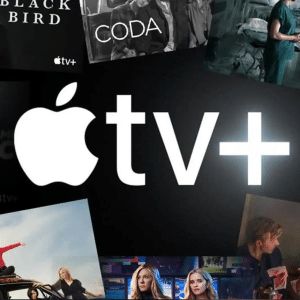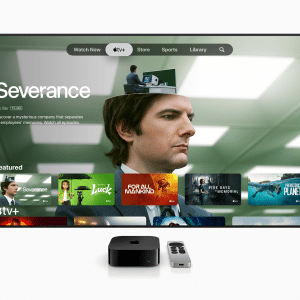
The $35.1 billion monster merger that Omnicom and Publicis announced Sunday could send rumblings throughout the digital-advertising landscape.
While Google is the world’s biggest digital-ad network — and Facebook now is showing encouraging gains in mobile ads — the specter of OmniPub, as some call it, could eventually change all that.
The combined company, to be called Publicis Omnicom Group, would create the world’s biggest provider of advertising.
Publicis has been especially attentive to scooping up digital ad firms such as Razorfish and Digitas, establishing it as a fledgling player in that space. Omnicom has preferred to work with tech companies and build internal Web capability.
The deal can only cause consternation at Google, Facebook, Yahoo, Apple and others fighting for a piece of the multibillion-dollar online ad pie. For many, online-ad sales are the Holy Grail for long-term success.
The digital focus makes sense because it’s where consumers are going and where advertisers are increasingly investing, says Clark Fredricksen of eMarketer.
A key challenge is finding space on mobile devices to insert ads without offending consumers and cluttering content. Google has done very well parlaying its search results into ad riches. Facebook seems to be bucking the mobile quandary because its users don’t seem to mind the tiny ads. Yahoo has made strides in reinventing itself under new CEO Marissa Mayer with acquisitions.
But with the emergence of the world’s largest ad agency, and its interest in digital ads, these major tech players now have another competitor — far larger and with greater resources — to worry about.








